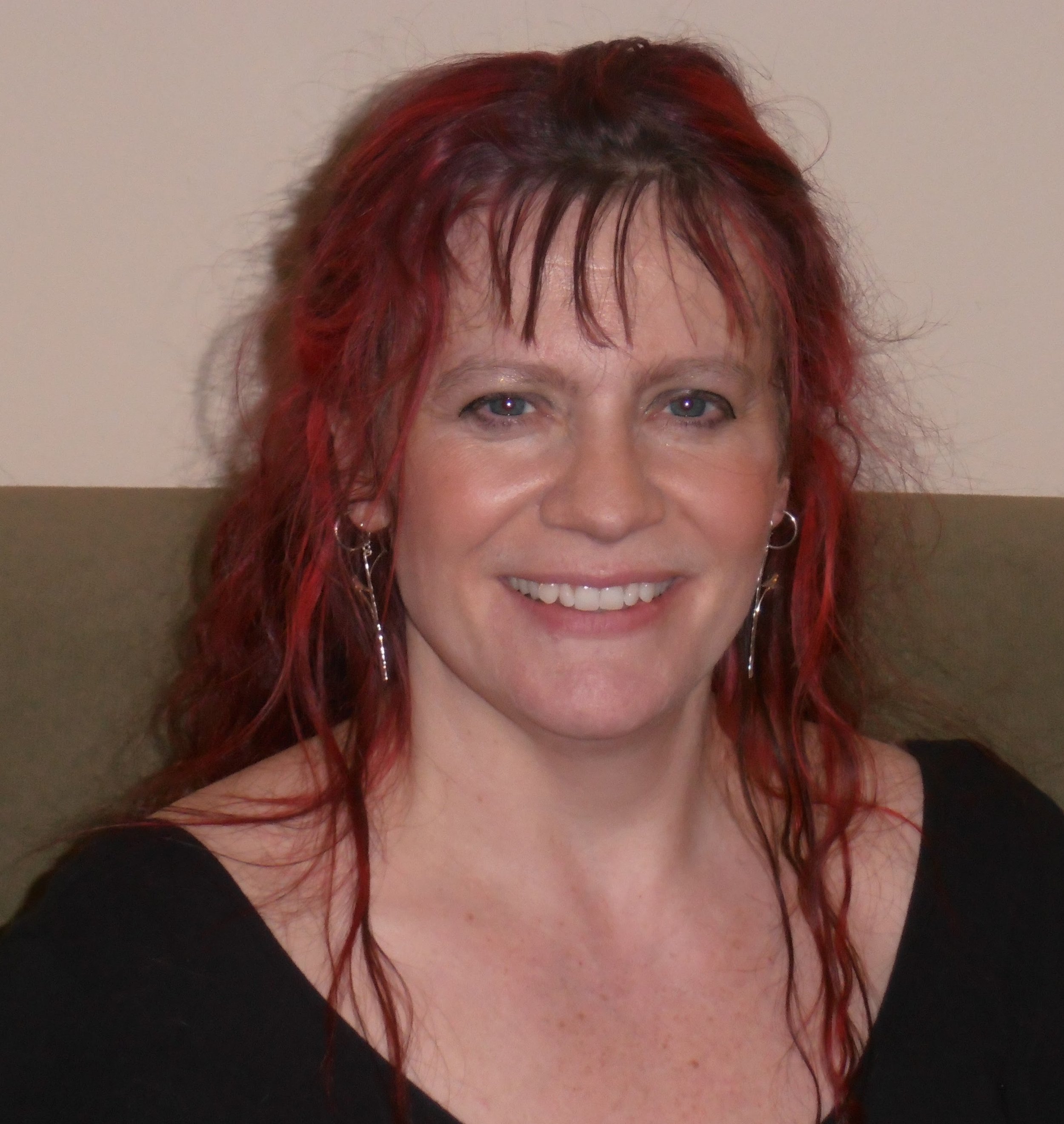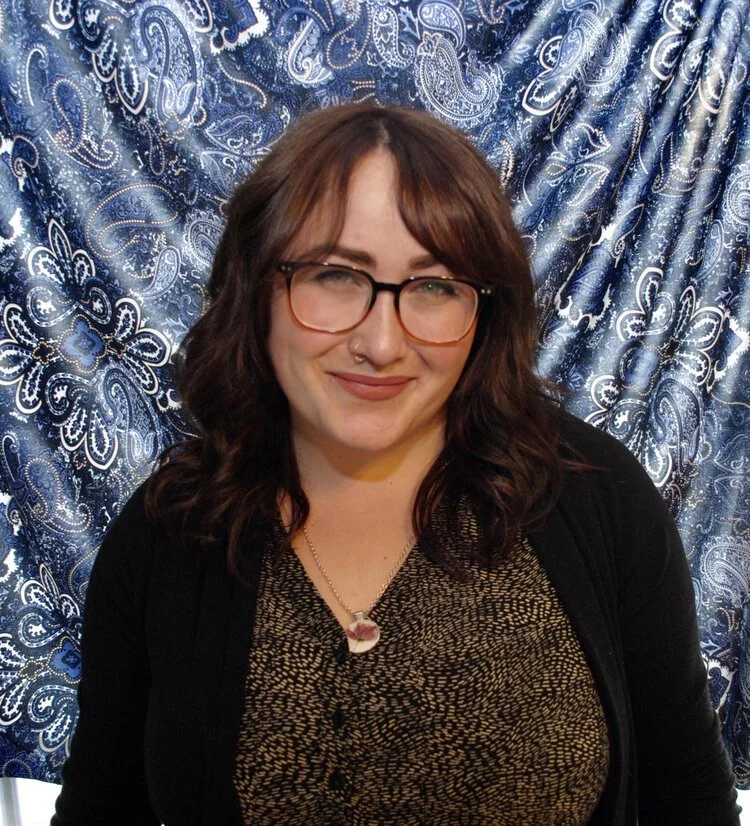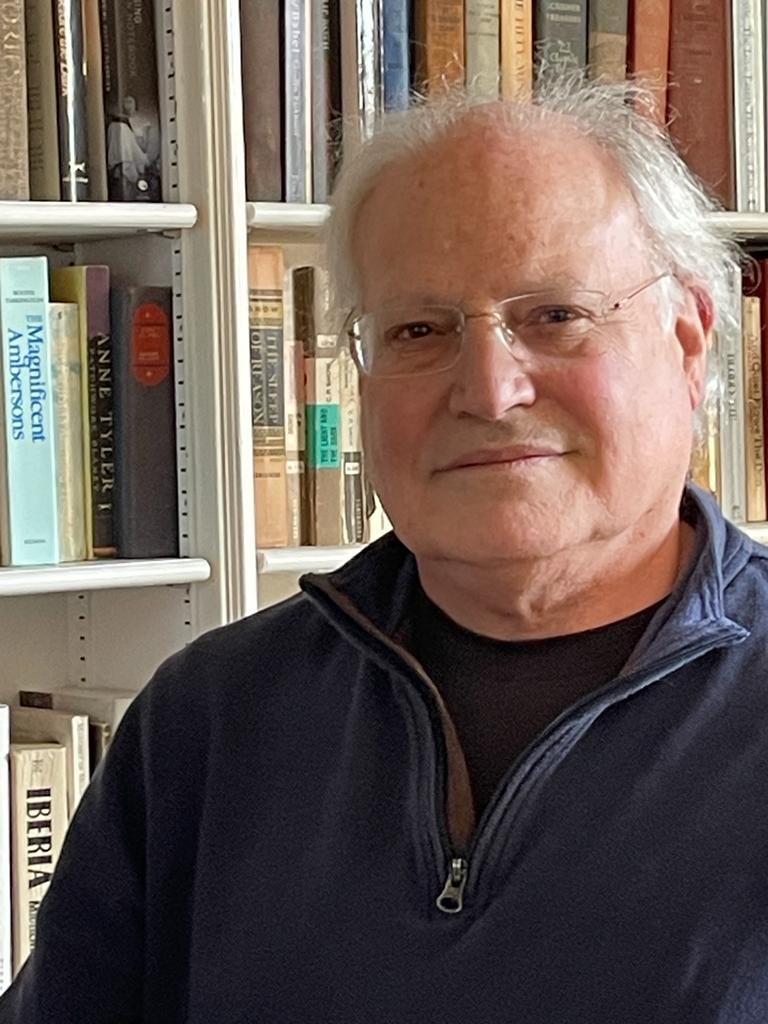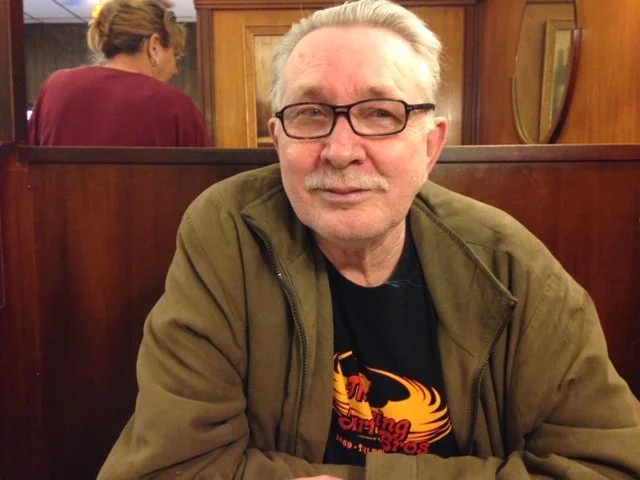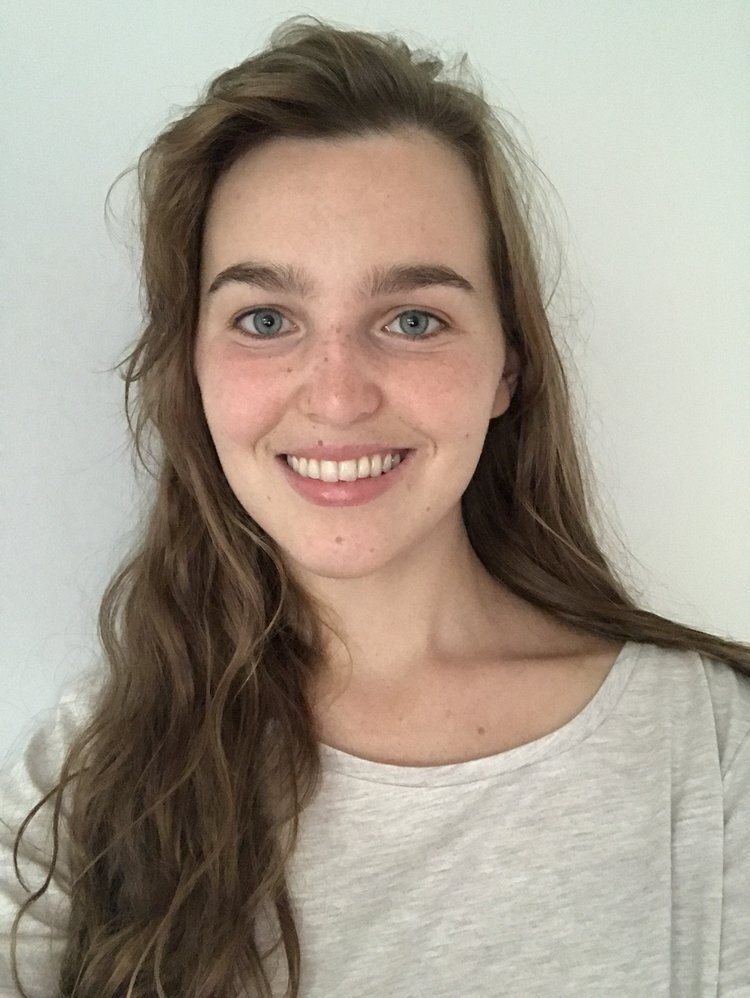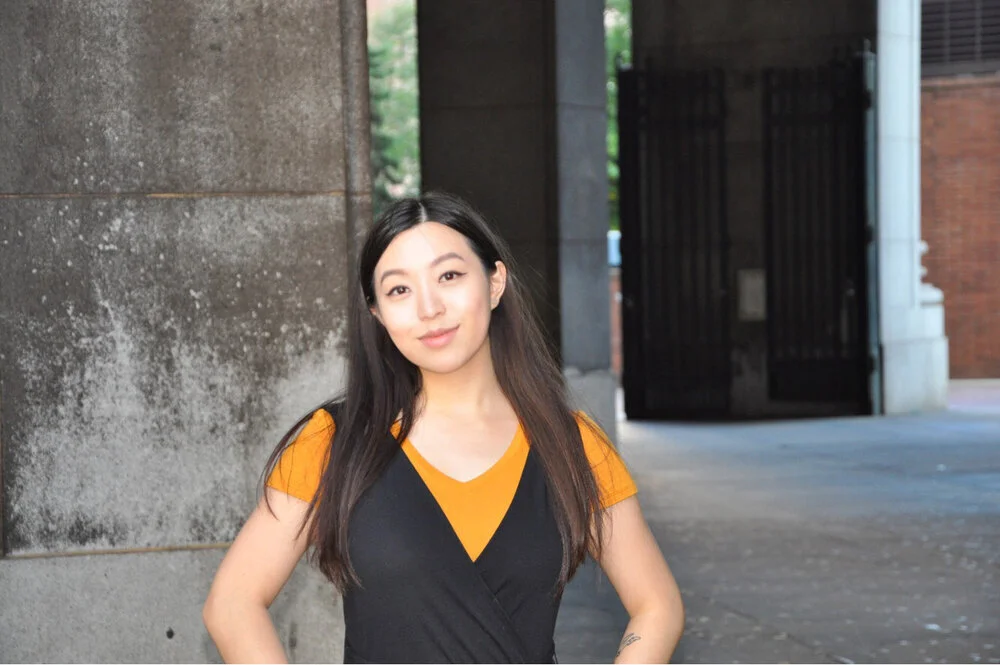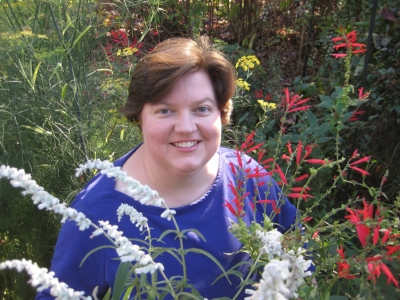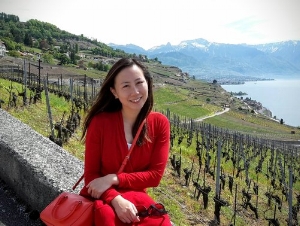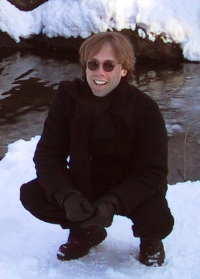INTERVIEWS
Yes. So I, for example, I'm not an accountant, and I'm not a chemist. I am very good at what I am good at and I love it and I value it so much. And so I recognize it as my gift, and my mother has always said to me, when you've been given a gift, it is your responsibility to share it. Now, she has her religious background. But I have that belief also. Probably because I'm her daughter, but also because my grandmother said the same. And whatever that gift is, if you are really good at making people laugh--I love comedians. I do. Probably because of all the trauma, but for me, laughter is healing. So if you can also read one of my poems and smile or laugh, that's awesome. I like that.
“Be you in your work. I see myself as a student for life when it comes to my writing and painting. Understand that your experiences can be colored and crafted just as beautifully as those we look up to. Be you in your work and the authenticity will manifest into people wanting to read and hear your work because they will likely see themselves your truth. “
“I would recommend that someone who wants to get published read as many issues of an many journals as possible & submit, submit, submit their work. I set a goal of submitting my poetry to one hundred journals every year, breaking it down into sending out so many every month & every week to keep on track.”
“My advice for young writers and I guess young people, in general, would be to persist. I just left a job that made me unhappy and moved across the country to pursue this writing thing—again. I think it’s okay to fail, and it’s also okay to pursue what will make you happy.”
“They’re memoir, but they’re subject driven, and the whole thing is just that when I start these books, I’m as ignorant as most of the audience, or maybe a lot of them more knowledgeable than I am. But the whole thing is a journey into a subject and the transformation that takes place is the knowledge that’s acquired as you go, and all literature is based on transformation.”
“Storytelling has always been a huge part of my life, and I have been lucky enough to live in nature-dominated locations and explore the wilderness from a young age. The two things, nature and stories, have been the most defining and important things to me, so they naturally went hand in hand. As I've grown up, I have paired that with my concern for the growing climate crisis and my environmental education.”
“Tell them to read, read, read—not to imitate but to assimilate. They should write about everything from aardvarks to zebras and all that’s left in between. Their terrain should be from Angola to Zimbabwe. They should keep notebooks because memory cannot be trusted. Like Bill Stafford, they should know the difference between a nibble and a bite. Like Whitman, they must contain multitudes and shout their barbaric yawp across the rooftops.”
“In this collection I wanted to accept that those things just are and that those things do not have to define me and that those things, while unfortunate, helped me become who I am today. And that's why this concept of “accepting things you cannot change” it so important. It gives you peace at night, it gives you grace, and most importantly the will to move forward.”
“The earliest influences on me were probably in many ways the strongest for a long time. There was a brief period as when I was an undergraduate when I thought that James Dickey’s way of writing poems was the only way that was worthwhile. And he was very kind about that and tried to explain to me that I probably had my own voice somewhere, and that I ought to be bearing down on finding it.”
“I’m drawn to forms, constraints, patterning, and rules—including the secret, strange rules I make up, like a pattern of assonance nobody may see but me. I love the way these constraints elicit the most unexpected language and content.”
“We [science fiction writers] are the court jesters of literature. We can say very truthful, very scathing commentaries on our society and no one really takes us seriously.”
“The way I am finding balance is by accepting that I am not able to write as much as I would like to at the moment, and forgiving myself for that. I have to remind myself that being a poet is a permanent part of who I am, not a membership that will disappear if I don’t meet some imaginary quota of poems per month.”
“The images I most associate with my uncle are, of course, his tattoos, so I used them as a jumping off point to begin writing about his life, his illness, and his death.”
“Writing ‘Limbo’ required copious amounts of research and numerous drafts. Early drafts were written in third-person narration until I realized that only through first-person would the story convey the urgency and intimacy this confessional narrative deserved.”
“[W]hen it comes to writing, I think amusing yourself is incredibly important. I'm very much for self-indulgence. Often when you do the thing that you really want to do the most, it’s the thing that you think no one will like, right? Because it's so weird that only you like it. But in my experience, that will often have the most reach and touch the most people.”
“When I am a guest author at colleges, most of the students I meet with are Latinx and often represent the first generation in their families to go to college. I often say to them that our stories are important. I then ask them: What would happen if we did not write our stories? And they always get it right: If we don’t write our stories, someone else will, and they will get them wrong.”
“For me, form matters a lot and the value of "how to say" is not less than "what to say." We Iranians share an expression saying "fit a sea in a cup" and to me, writing short poems corresponds to this expression.”
“Having my mom or my fiancé read a piece I've written and hearing them laugh from another room is what I imagine heroin feels like. Totally worth imploding your life over.”
“In the past, when asked for a poem, I’d write fifty. That is how I wrote books on Hitchcock, Marilyn Monroe, Blue Tattoo, and refugees.”
“These are certain people even from early childhood who clearly, or murkily—eventually somehow expressed to you they had vision fairly independent of others. Often they have all the thoughts and fine-tune of the artist or the writer, but not the inclination, or time. You became sure of their imaginative and understanding powers; your awareness grew over time. It was even in their gaze.”
“Keep, keep, keep editing and toying with your work, knowing you are comfortable and believe in what’s on the page. You’re not a poet because it pays six figures starting out—you’re a poet because you feel like you need to be.”
"The book tries to understand revolution, but what drives the novel is a filtering of revolutionary actions through the context of myth and the role played by storytelling in the creation of those myths. I became fascinated by the myriad depictions of Villa in the historical record, how he was and remains a remarkably contested figure, and how the outlines of that figure have been determined by stories that seem to channel the desires of a culture and a society through a singular man. Pancho Villa is a mythic character, and I try in the book to convey the manner by which that boy became that myth. "
“While much of my work has a serious tone, I employ humor in my daily life as a way to cope with many things, including stress and illness. If you cannot laugh about your situation, even in some small way, then things are very dark indeed.”
"Poetry has the ability to enact the change that politics promise, sometimes even more powerfully because it disrupts your biases, charges up your emotions, and integrates into the chemistry of your thoughts."
" I cannot always tell which lines are mine in the poems that appear in our books (after some time has passed). I think this shows we have built a collective voice that is different than either one of ours separately."
"The content dictates the form; I do not have a preference. I am simply providing it with the best container; both are mutually mysterious and satisfying."
“You have to work with the words in front of you to create a new narrative in your voice. That’s thrilling. An erasure is like a choose your own adventure with words, a cento or a remix is like putting together a puzzle. But you have to tell your own story, just like any traditionally written poem.”
"Some days are shit. Some days are good. I make notes for stories but only once they’re fairly well formed in my head, and half the time I end up ignoring the notes. None of this matters. People find different ways to work. Inspiration happens but if you have to rely on it you’re probably screwed."


